- FRACTED
- A heraldic term used when an ordinary, such as a bar, fess or chevron, is broken in one or more
places (see also ordinary).
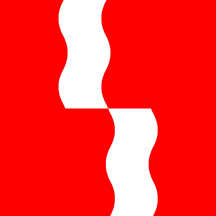
mv.gif)
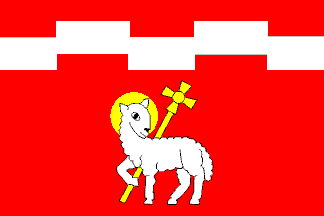
Flag of
Leuggelbach, Switzerland;
Arms and Flag of Markvartice, Czechia
- FRAME
- 1) The wood or metal bar by which the top edge of a flag is held – but see
framed flag 1) below (also
cross bar).
- 2) In largely (but increasingly obsolete) maritime usage, this term may also describe the rod
(attached to a ship’s mast or yard by lines) that is inserted into the heading of a streamer or
pennant in order to stiffen it
at the hoist – but see headstick (also
command pennant with following notes,
distinguishing vane,
pennant 2),
streamer 2) and
vane 1)).

- FRAMED FLAG
- 1) A flag that is designed to be attached both along its hoist to the staff, and along
its top to a side-mounted cross-bar sometimes (mistakenly) called a gonfalon – see
gonfalon 1) (also
cross bar, frame above
and staff 2).
- 2) See outrigger flag.
![[framed flags]](../images/v/vx-ua-81141.gif)
![[framed flags]](../images/v/vx-ua-rv-gt.gif)
![[framed flags]](../images/v/vx-ua-lv-gh.gif)
Flags of Verhnya Bilka,
Guta and Zhidachev, Ukraine
- FRAMED WIMPEL(S)
- See Flüger.
![[framed wimpel]](../images/v/vxt-d2385.gif)
Framed Wimpel/Flüger of the Hamburg Customs Flag (Klaus-Michael Schneider)
- FRANKLIN FLAG
- An early (unofficial but used and with a variation in the order of the
stripe’s colours – quite widely reproduced) pattern of the stars and stripes – the
Serapis flag (see also
Betsy Ross flag,
continental colours,
eagle standard,
great star flags,
old glory,
star-spangled banner and
stars and stripes).
![[Franklin flag]](../images/v/vx-us-sera2.gif)
The Franklin Pattern of Stars and Stripes and Variation, 1778
Please note that this flag was first detailed by Benjamin Franklin whilst ambassador to Paris, flown
in European waters by John Paul Jones and aboard the captured HMS Serapis, and was one of the first
versions to gain international recognition.
- FRENCH SHIELD
- The term, and a literal translation of Französischer Schild, sometimes used in German language vexillology
to describe a rectangular shield – see rectangular shield.
![[French shield]](../images/v/vxt-d2133.gif)
Please note that several of the terms giving shields a national identity, as well as those describing a
specific type, are still in the process of standardization, and that no consistent approach has thus far
been identified.
- FRET
- The heraldic term for a figure composed of two diagonal bendlets interlaced with a mascle
(or voided lozenge), and meant to represent a section of fishing net
(see also bendlet and
mascle).
![[Fret]](../images/v/vx-be-whtme.gif)
![[Fret]](../images/v/vx-za-jbg.gif)
![[Fret]](../images/v/vx-no-11-49.gif)
Flag of Mont-de-l’Enclus, Belgium;
Flag of Johannesburg, South Africa;
Flag of Karmøy, Norway
- FRETTED
- An alternative heraldic term for interlaced – see interlaced.
![[Sveta Nedelja, Croatia]](../images/v/vx-hr)zg-sn.gif)
![[Sveta Nedelja, Croatia]](../images/v/vx-hr-zg-sn.gif)
Arms and flag of Sveta Nedelja, Croatia
- FRETTY (FRETE or FRETTÉ)
- Alternative heraldic terms for a pattern of interlaced bars forming a diagonal trellis either
overlapped or joined – but see latticed
(also interlaced).
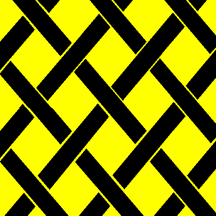
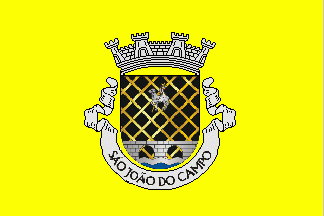
Flag of Oulens-sous-Echallens, Switzerland;
Flag of São João do Campo, Portugal
- FRIENDSHIP FLAG
- A term that is used when two or more flag designs are combined into a single entity
(see also combined flag,
marshalling,
union flag 1) and
union mark).
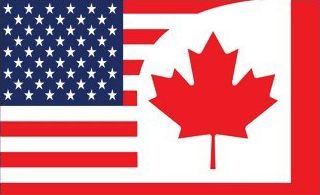
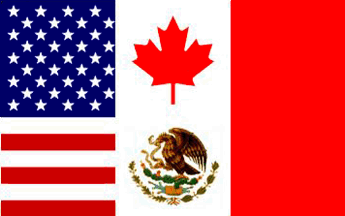
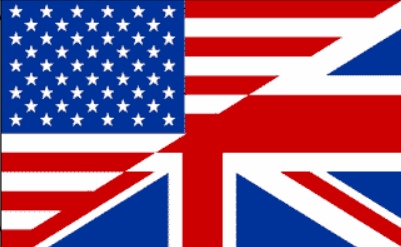
US-Canada Friendship Flag;
US, Canada and Mexico Friendship Flag;
US-UK Friendship Flag
- FRINGE
- A decoration of twisted thread and/or metal often (but not invariably) attached to edges of
a military colour, or of a flag intended
for ceremonial and/or indoor use (see also colour 2),
cravat,
indoor flag
and parade flag).
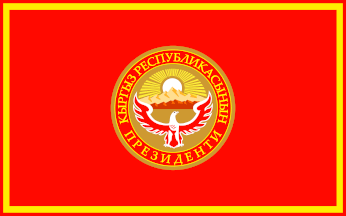
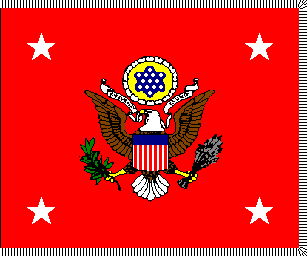
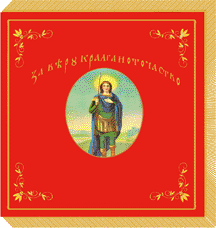
Presidential standard of Kyrgyzstan; Indoor/Parade Flag of the
Secretary of the Army, US; Colour of the
Royal Guard 1904–1908, Serbia
- FRUCTED
- In traditional heraldry the term used when a plant or the branch of a tree or the tree itself is
bearing fruit, and generally shown in another
tincture – but see fruited
(also leaved and tinctures).
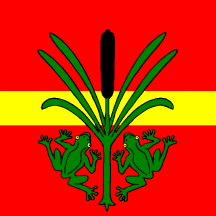
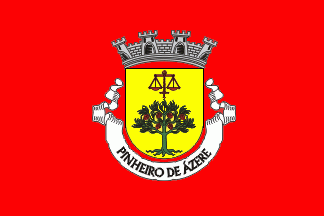
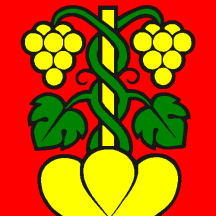
Flag of
Ependes, Switzerland;
Flag of Pinheiro de Ázere, Portugal;
Flag of Wileroltigen, Switzerland
- FRUITED
- In some modern heraldry and in vexillology, the term used when a plant or tree is bearing fruit
– but see fructed.
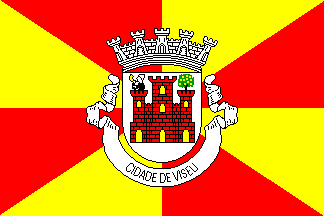
Flag of Viseu, Portugal
- FULL ACHIEVEMENT OF ARMS
- See achievement of arms and
armorial bearings.
![[city arms (Gloucester)]](../images/v/vx-gb-e-glost2.gif)
![[Churchill arms]](../images/v/vx-churchillarms.gif)
![[Allerdale]](../images/v/vx-gb-e-all.gif)
Flag of Gloucester, UK;
Achievement of Arms/Armorial Bearings of the Late Sir Winston Churchill, UK (Churchill Society);
Flag of Allerdale, UK
- FULL DRESSING
- 1) See dress ship, to 1)
and dress ship, to 4).
- 2) See dressing overall 2)
and dressing overall 3).
![[dressing ship example]](../images/v/vxt-d611.gif)
A Warship of the South African Navy Dressed Overall (Andries Burgers)
- FULL MAST (or FULL STAFF) A FLAG
- (v & adj) To fly a flag in its normal position right up to the truck, a term
generally used after a flag has spent a mourning period at half mast (see also
flag pole, half mast
and truck).
- FULL MOON
- See disk, moon 2) with following
note and per complement.
![[Shan State, Myanmar]](../images/v/vx-mm-17.gif)
Flag of Shan, Myanmar
- FUNERAL ACHIEVEMENT
- See achievement of arms 2).
![[Churchill arms]](../images/v/vx-churchillarms.gif)
Funeral Achievement/Armorial Bearings of the Late Sir Winston Churchill, UK (Churchill Society)
- FUNERAL FLAGS (or PENNANTS)
- 1) In US usage, those flags or pennants flown from the cars in a funeral cortege or procession, in order to
facilitate keeping that cortege together and to help other drivers avoid breaking
into it, not to be confused with a pall flag or with mourning flags (see also
car flag,
mourning flag and
pall flag, together with
badge banner,
bannerole,
great banner,
grumphion and
;livery banner).
- 2) The term may also be used to describe those flags – often draped with a mourning ribbon –
that are carried in a funeral cortege (see also draping,
cravat 2) and
mourning ribbon).
![[Funeral flag]](../images/v/vx-xf-funer.gif)
![[Funeral flag]](../images/v/vx-xf_funeralb1.gif)
![[Funeral flag]](../images/v/vx-xf_funerala2.gif)
Some Funeral Flags, US
- FURL(ED)
- 1) (v) To wind (roll up) a colour or parade flag around its staff before
it is cased – usually done with ceremony (see also
unfurl(ed),
case(d),
uncase(d),
colour (2) and
parade flag 2)).
- 2) (adj) A flag is considered furled when hoisted in a rolled and/or folded
condition prior to being broken out at the truck – see
break a flag (also
truck).
- FURS
- In heraldry see ermine,
potent 1),
and vair.
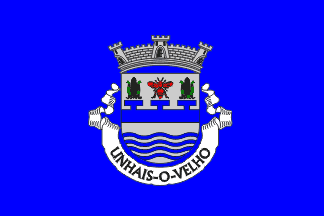
![[fur example]](../images/v/vx-fr-bz-hp.gif)
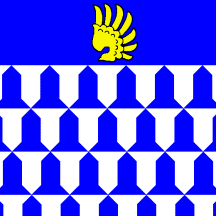
Potent (Flag of Unhais-o-Velho, Portugal);
Ermine (Banner of Arms of Brittany, France);
Vair (Flag of Prahins, Switzerland)
- FUSELAGE MARKING
- 1) The term sometimes used to describe a non-circular emblem of nationality
employed by some nations in the same way and for the same purpose as a roundel – but
see the note below, roundel 1) and
wing marking(s) 1)
(also Balkenkreuz,
fin flash,
iron cross and
aircraft marking(s)).
2) See roundel 1).
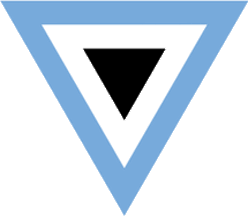
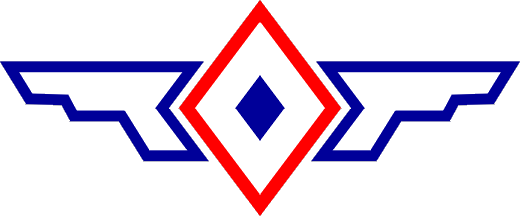
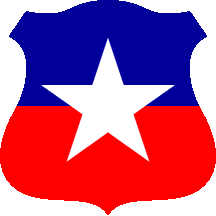
Fuselage/Wing Marking of
Botswana; Fuselage/Wing Marking of The Philippines;
Fuselage/Wing Marking of Chile
Notes
a) The term "fuselage" only refers to the body of an aircraft and to
those markings that appear thereon, so when these same emblems appear on the wings of
an aircraft they are properly called "wing markings".
b) In some types of aircraft the description "fuselage" can (technically speaking) include their
tail plane/fin, but that the term given above should never be used to describe any
markings shown thereon (see fin flash).
- FUSIL
- The heraldic term for an elongated lozenge – see lozenge 2)
(also square lozenge).
.gif)
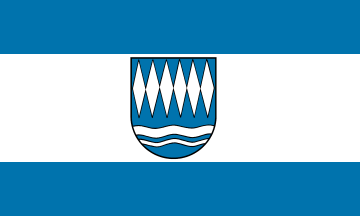
Arms and Flag of Boldecker Land, Germany
- FUSILLY
- An alternative heraldic term for lozengy – see lozengy 1).
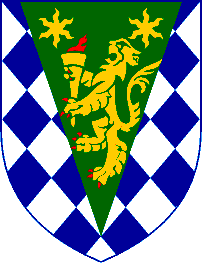
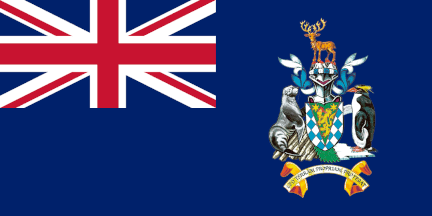
Shield and Flag of the South Georgia and the South Sandwich Islands
- FUSILLY BENDY (or BENDY SINISTER)
- In heraldry see lozengy bendy.
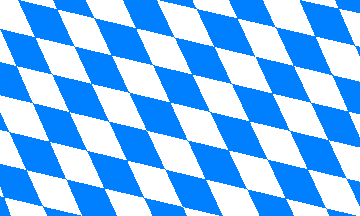
Flag of the State of Bavaria, Germany
- FYLFOT
- The heraldic term for a swastika – see swastika.
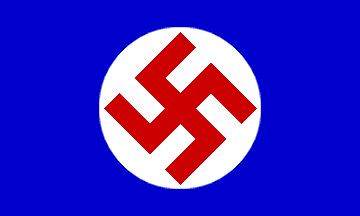
Flag of the Canadian Nazi Party 1933–1938

mv.gif)

![[framed flags]](../images/v/vx-ua-81141.gif)
![[framed flags]](../images/v/vx-ua-rv-gt.gif)
![[framed flags]](../images/v/vx-ua-lv-gh.gif)
![[framed wimpel]](../images/v/vxt-d2385.gif)
![[Franklin flag]](../images/v/vx-us-sera2.gif)
![[French shield]](../images/v/vxt-d2133.gif)
![[Fret]](../images/v/vx-be-whtme.gif)
![[Fret]](../images/v/vx-za-jbg.gif)
![[Fret]](../images/v/vx-no-11-49.gif)
![[Sveta Nedelja, Croatia]](../images/v/vx-hr)zg-sn.gif)
![[Sveta Nedelja, Croatia]](../images/v/vx-hr-zg-sn.gif)












![[city arms (Gloucester)]](../images/v/vx-gb-e-glost2.gif)
![[Churchill arms]](../images/v/vx-churchillarms.gif)
![[Allerdale]](../images/v/vx-gb-e-all.gif)
![[dressing ship example]](../images/v/vxt-d611.gif)
![[Shan State, Myanmar]](../images/v/vx-mm-17.gif)
![[Churchill arms]](../images/v/vx-churchillarms.gif)
![[Funeral flag]](../images/v/vx-xf-funer.gif)
![[Funeral flag]](../images/v/vx-xf_funeralb1.gif)
![[Funeral flag]](../images/v/vx-xf_funerala2.gif)

![[fur example]](../images/v/vx-fr-bz-hp.gif)




.gif)






